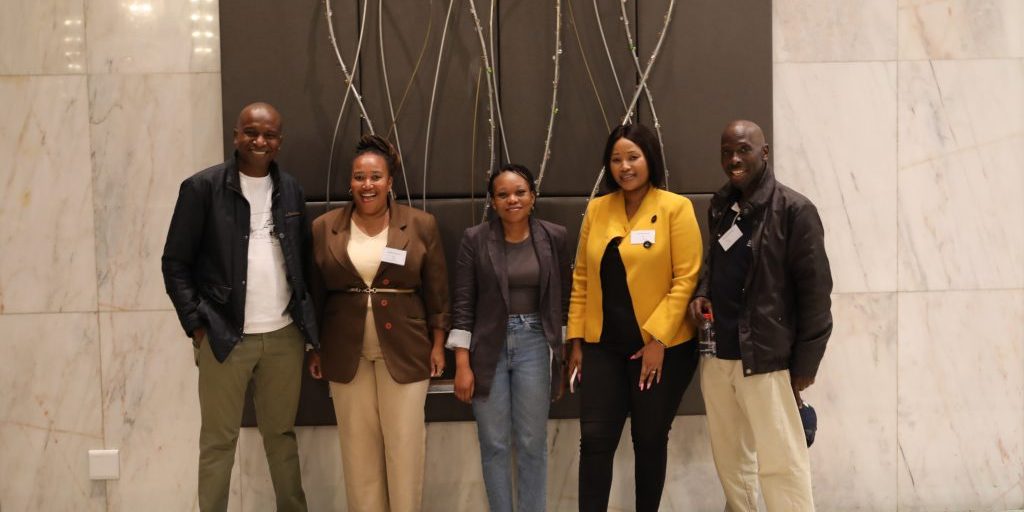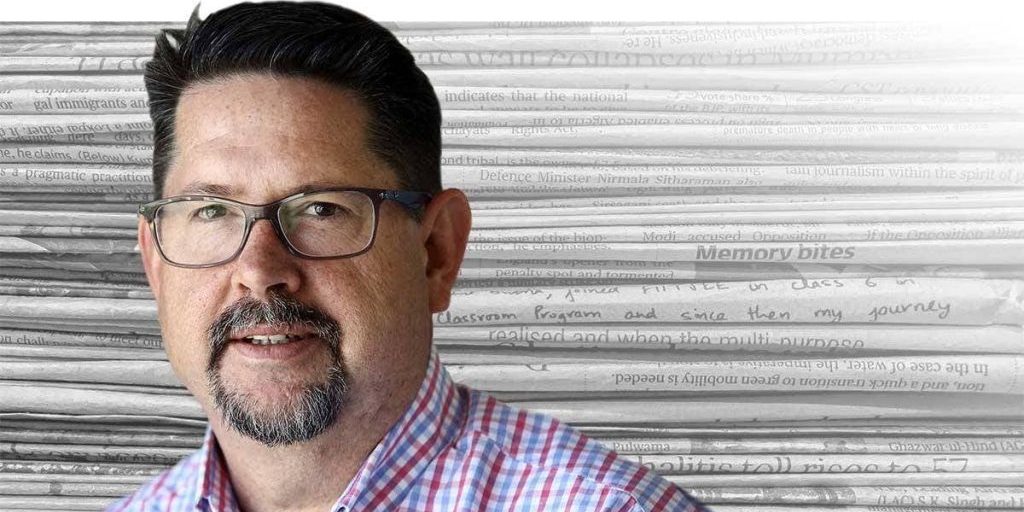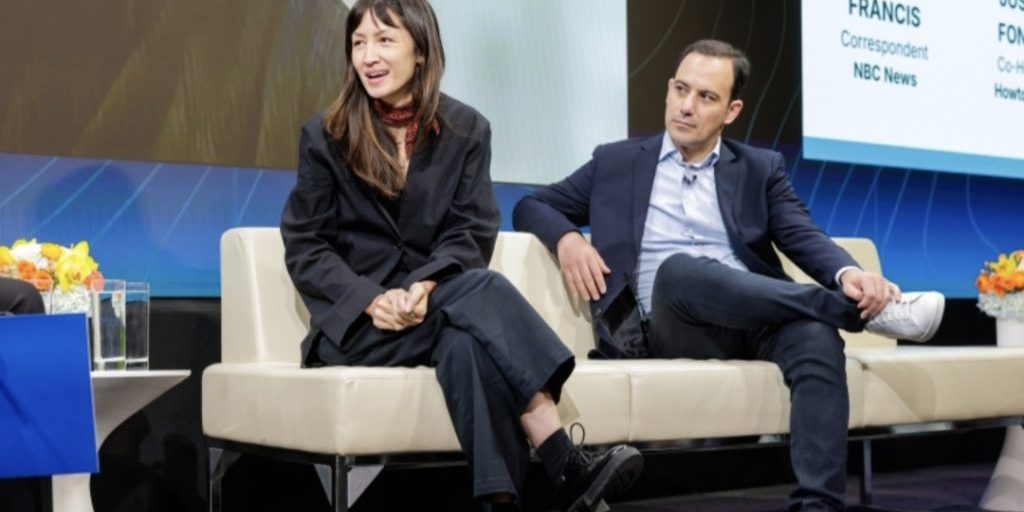African Media Councils meeting and the Network of Independent Media Councils in Africa
PICTURE: Tshamano Makhadi of the Press Council of South Africa (PCSA), Lwandle Simelane of the Eswatini National Commission for UNESCO, Siphiwe Tame of MENAR, Nwabisa Makunga of the PCSA and Themba Sepotokele of the PCSA
In May 2024, the Press Council of South Africa (PCSA) hosted media councils from east, west and southern Africa in Cape Town to deliberate on collaboration. Delegates gathered from 14 African countries – Eswatini, Ethiopia, Ghana, Kenya, Malawi, Namibia, Nigeria, Rwanda, South Africa, Tanzania, Uganda, Zambia and Zimbabwe.
Auspiciously, the African media councils met during Africa Month and shortly after World Press Freedom Day, and the result was extraordinary – the establishment of the Network of Independent Media Councils in Africa (NIMCA). Ambitious and democratically-minded, NIMCA immediately set about forming a task team to explore a first conference in Tanzania in 2025.
From East Africa, the African Media Councils (AMC) meeting hosted the Ethiopian Media Council (which joined proceedings in part, online), the Media Council of Kenya, the Rwanda Media Commission, the Media Council of Tanzania (MCT) and the Media Council of Uganda.
From West Africa, it was joined by the National Media Commission, Republic of Ghana. The Nigerian Press Council was unable to attend due to the delegate’s illness.
From southern Africa, the conference hosted the Media Council of Malawi, the Media Ombudsman of Namibia, the Media Self-Regulation Council of Zambia, the Voluntary Media Council of Zimbabwe and the Zimbabwe Media Commission.
The sessions were faciliated by Dr Guy Berger, an expert in media and Internet policy issues who spent a decade as a senior director at UNESCO leading its work in communications and information policy. The 15 years prior to that, Berger headed up the Rhodes University School of Journalism and Media Studies in South Africa, where he is recognised as a Professor Emeritus.
The AMC gathering also welcomed stakeholders of the PCSA, including our constituent member, the South African National Editors’ Forum (SANEF), Media Monitoring Africa and other guests from the continent, including the Communications Authority of Kenya and the Kenya ICT Action Network.
Dr Taryn de Vega, an academic and researcher in the field of media studies at the Rhodes University School of Journalism and Media Studies, was a special guest. Her research focuses on media ethics and accountability in South Africa, and she works alongside civil society movements to support projects in the public interest.
The aims of the AMC meeting were:
- to strengthen self-regulation of media content in Africa by fostering communication and an exchange of information between independent media councils
- to create a community of practice among diverse self-regulation leaders in African countries
- to understand how self-regulation fits into the wider drive for platform regulation, and
To harmonise African perspectives
The full report of the meeting, including a media statement on the formation of NIMCA’s task team, can be downloaded here.
NIMCA called on independent media regulators in other African countries to join the new organisation to promote self-regulation as the cornerstone of a free, professional and credible media in an evolving communications landscape where social media is implicated in the circulation of unethical and low-quality content.
NIMCA’s objective is for the professional media to report, freely, and without fear of reprisals while at the same time being accountable for living up to journalistic ethical standards and codes of practice.
NIMCA’s ethos and operations will be guided by the Declaration of Principles on Freedom of Expression and Access to Information in Africa issued by the African Commission on Human and Peoples’ Rights in 2019.
Its work is impacted by UNESCO’s Principles for Safeguarding Freedom of Expression and Access to Information Guidelines for a Multistakeholder Approach in the Context of Regulating Digital Platforms.
The Cape Town meeting agreed that the media, irrespective of whether it is privately or government funded, needs to operate in a free environment with no threats of censorship, intimidation, harassment or threats against journalists. This is because
independent and professional journalism is a critical pillar of society that holds governments and other powerful actors accountable, informs the citizenry and help them understand their societies and events as they unfold
The regulators emphasised that in jurisdictions where co-regulation is constitutionally stipulated, media councils and similar bodies must be allowed to self-regulate and act independently from government.
They agreed that trust in and credibility of the media is vital for its survival, and that self-regulatory mechanisms are key to uphold professional standards and consider complaints where media fall short of meeting these.
Delegates also highlighted the issue of gender equity and sensitivity in the composition of regulatory bodies. The NIMCA executive body will in future be formed with equal representation of men and women.
NIMCA will initially be led by the MCT, which also chairs the East Africa Press Council, represented by MCT executive secretary Ernest Sungura. The rest of the team is: host of the inaugural meeting, Latiefa Mobara, Executive Director of the PCSA; George Sarpong, executive secretary/CEO of the National Media Commission in Ghana, and Kennedy Mambwe, chairperson of the Media Self-Regulatory Council of Zambia.
This inaugural executive board of NIMCA will set up the organisation.
The MCT will host the 2025 NIMCA meeting, with support from UNESCO and the Konrad Adenauer-Stiftung, and will also act as the initial secretariat for the Network.
Sungura, the first NIMCA chair, said, ‘This is an important day for our media sector
and eco-system. For too long our media councils have operated in silos with little
engagement or information sharing’.
‘In a world that is increasingly connected, but also fracturing into echo chambers, NIMCA heralds a new era for building common approaches, deepening media freedom, foster stronger accountability systems and support credible, sustainable journalism across our continent.’




